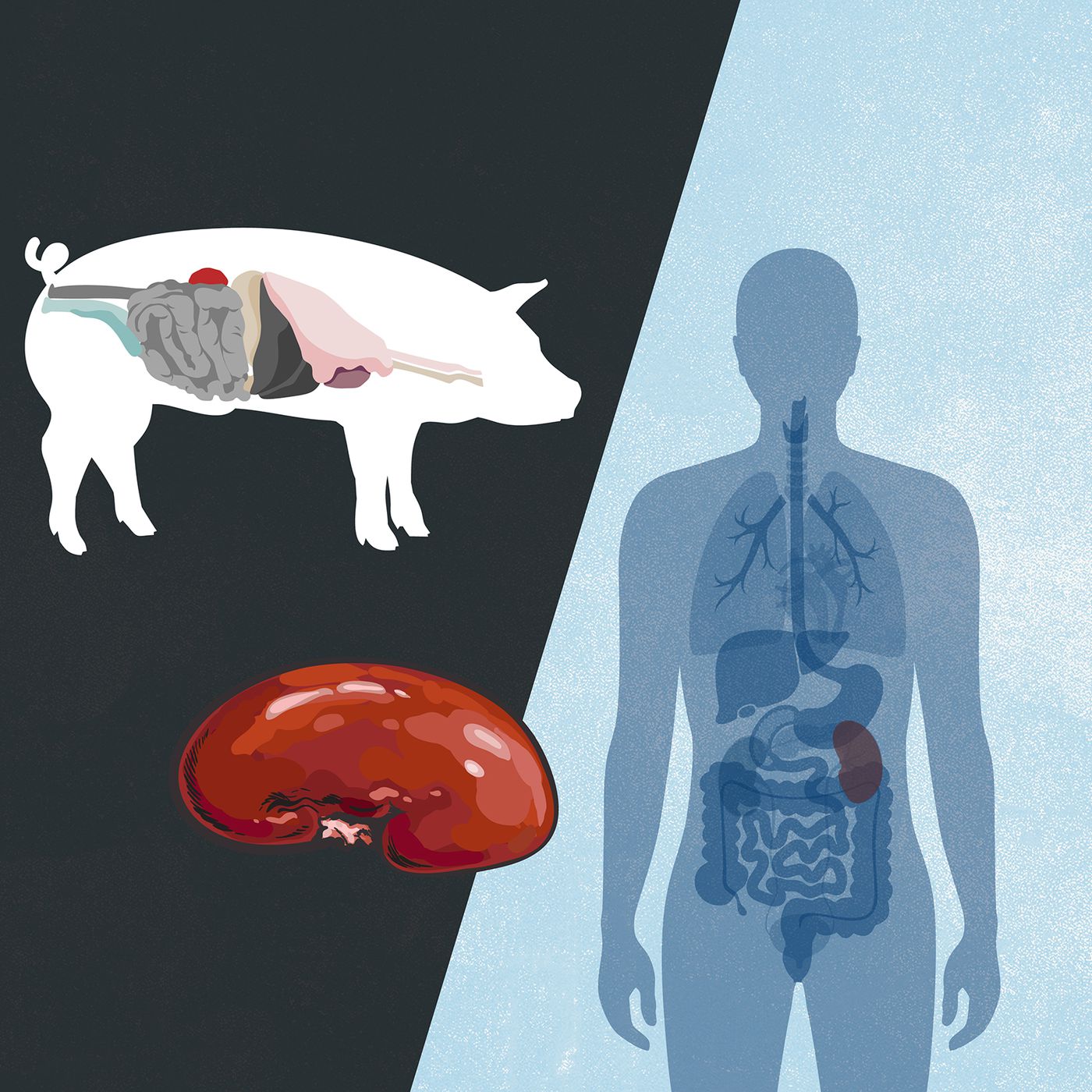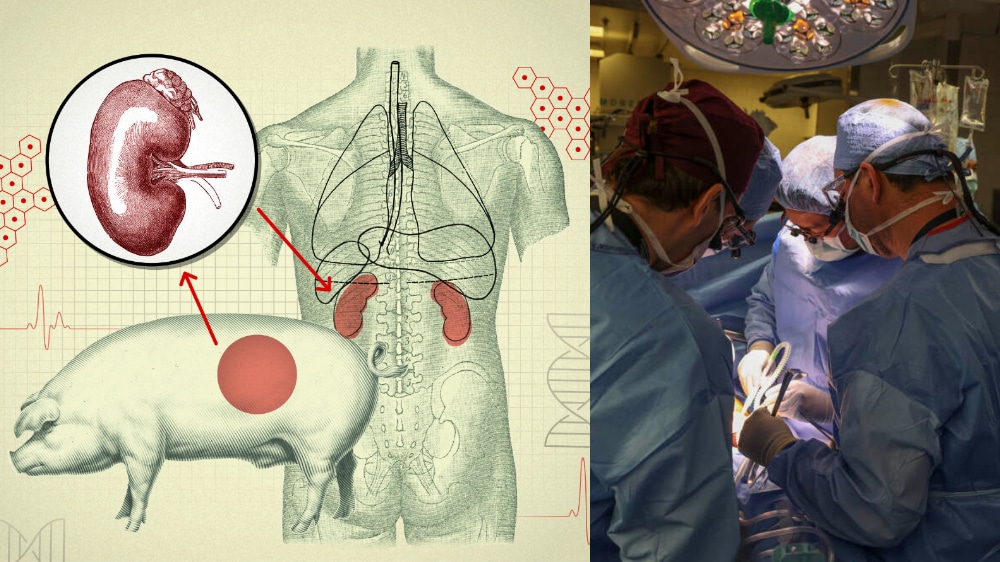In a groundbreaking medical achievement, surgeons at Massachusetts General Hospital in Boston have successfully conducted the first-ever kidney transplant from a genetically modified pig to a human recipient.
The historic procedure, performed on March 16, marks a significant milestone in the pursuit of making organ transplants more accessible and readily available to patients in need.
The recipient of the pig kidney is a 62-year-old man named Richard Slayman, hailing from Weymouth, Massachusetts, who has been battling end-stage renal disease.
Following the four-hour surgery, Slayman is reported to be recovering well and is expected to be discharged from the hospital soon, according to a statement released by Massachusetts General Hospital.

This groundbreaking transplant has garnered immense interest from medical experts, particularly regarding its long-term efficacy and implications. Dr. Jim Kim, director of kidney and pancreas transplantation at the USC Transplant Institute in Los Angeles, emphasized the importance of monitoring the patient’s progress over time to assess the success of this pioneering animal-to-human transplant.
Notably, Slayman had previously undergone a human kidney transplant at the same hospital in 2018 after enduring seven years on dialysis. Unfortunately, the transplanted organ failed after five years, necessitating a return to dialysis treatments.
The kidney used in this innovative procedure was sourced from eGenesis, a company based in Cambridge, Massachusetts, specializing in the genetic editing of pigs. The donor pig underwent genetic modifications to remove genes potentially harmful to human recipients and incorporate specific human genes to enhance compatibility. Additionally, eGenesis deactivated viruses inherent to pigs that could pose a risk of infection in humans.
Prior to the human transplant, kidneys from genetically edited pigs had been successfully transplanted into monkeys, with some animals surviving for extended periods, as reported in a study published in October in the journal Nature.

To mitigate the risk of organ rejection, the patient received medications, including an experimental antibody called tegoprubart, developed by Eledon Pharmaceuticals.
Dr. Robert Montgomery, director of the NYU Langone Transplant Institute, hailed the surgery as a significant advancement in xenotransplantation, the field of transplanting organs or tissues between different species. While not directly involved in the case, Dr. Montgomery emphasized the transformative potential of such procedures in addressing the critical shortage of donor organs for transplantation.
The successful pig-to-human kidney transplant underscores the promising future of organ transplantation and offers hope to countless individuals awaiting life-saving treatments worldwide.





















